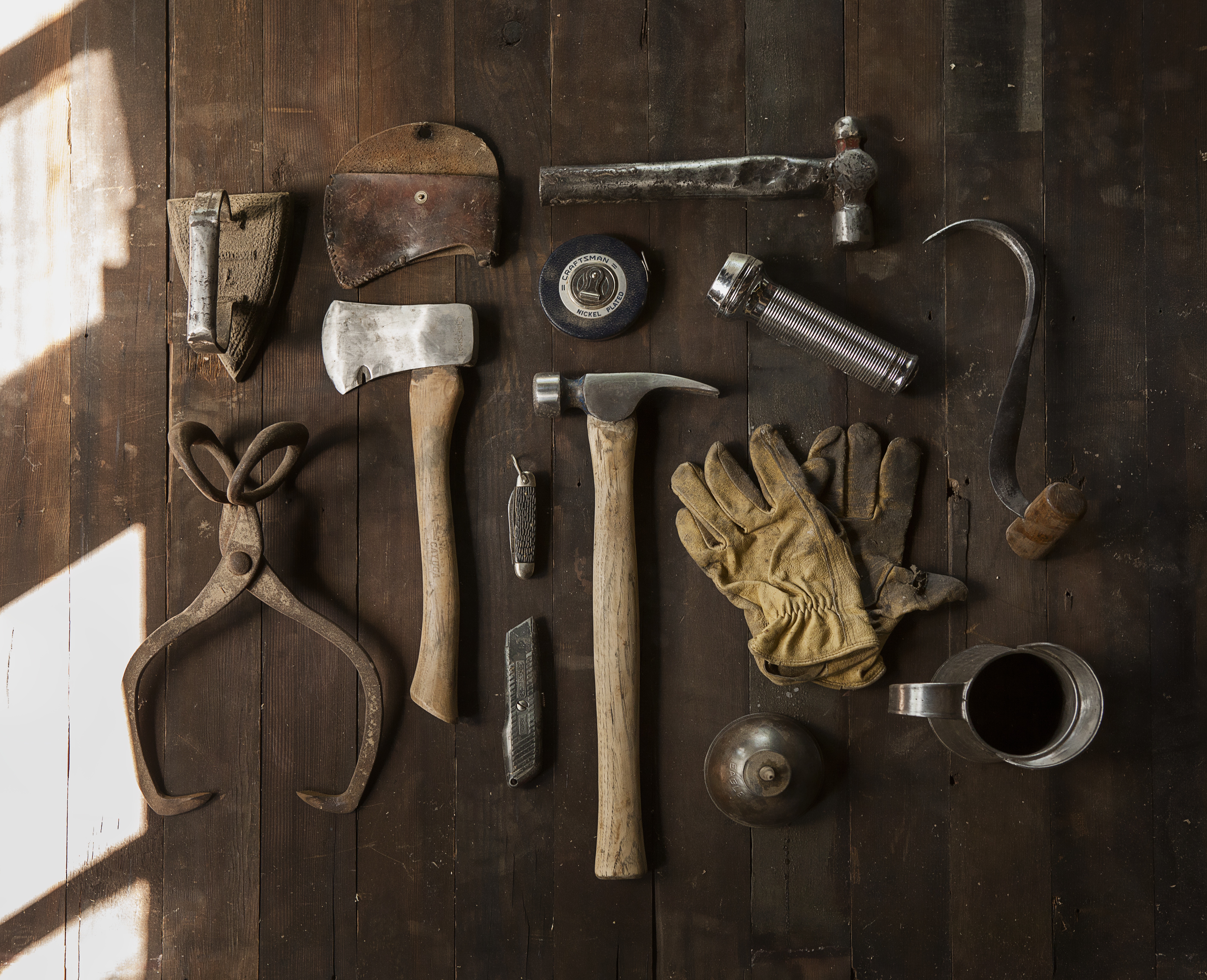There is a brokenness
out of which comes the unbroken,
a shatteredness
out of which blooms the unshatterable.
There is a sorrow
beyond all grief which leads to joy
and a fragility
out of whose depths emerges strength.
There is a hollow space
too vast for words
through which we pass with each loss,
out of whose darkness
we are sanctioned into being.
There is a cry deeper than all sound
whose serrated edges cut the heart
as we break open to the place inside
which is unbreakable and whole,
while learning to sing.
-Rashani
I’m a huge fan of meditation and mindfulness. I’m thrilled by the research that continues to pour forth in support of these practices. Having a regular practice that includes mindfulness and meditation has improved my quality of life, my clinical practice, and the lives of many of my clients.
Like anything, though, there are misunderstandings about how to apply these practices. It’s easy to misinterpret phrases like “let it be,” and “just allow it,” and “radically accept,” and other concepts of meditation and mindfulness.
I often hear, “Yeah, I tried mindfulness and meditation, but it didn’t really work,” or “Nothing happened,” or “I still feel overwhelmed,” “There’s always some new challenge in my life. Meditation and mindfulness can’t help me.”
A couple of things might be happening when we feel like this:
1) We might not be focusing on cultivating a regular practice (which, when we do, helps us to achieve the highest benefits they have to offer us).
Like anything, meditation and mindfulness serve us best when we commit ourselves to a regular practice. The same is true for exercise, eating our vegetables, studying, and pretty much everything else. We practice whatever we want to get good at, right?
We also practice whatever we have learned to practice. Some of us practice perfectionism or worrying or self-criticism or blaming or avoidance. Then it can sort of feel like a battle of the practices. We try to observe our thinking (mindfulness practice) then we notice how worried we feel so; we worry about it (worry practice). We can and do go back and forth with this. When we get tired and frustrated, whatever we have more practice doing is what prevails.
This is why it’s so important for us to practice using our resources every day. We are more likely to grab whatever we have more familiarity with and rely on it when we are in a crisis or when we’re feeling uncertain. If we’ve been practicing using our resources when we are feeling calm, in a neutral state, or less activated, we will have laid the critical groundwork needed to trust that they will be there for us. We will be well-rehearsed when a feeling or an experience throws a wrench in our sense of well-being, and we’re more likely to have the patience to find an adaptive response to it.
2) We might expect fewer challenges in life, for life to be easier.
Been there, done that. I, too, expected life to get easier and to experience fewer challenges once I started meditating and practicing mindfulness! I was pretty disappointed when I didn’t get a pass from pain and suffering. I thought, “Oh, am I maybe doing it wrong?” When I was super frustrated, I thought, “Yeah, this is crap and doesn’t work.” I would either abandon my practice for a while or strive even harder for the perfect practice.
It’s a pretty common experience. It’s also pretty common to try to barricade ourselves against life using the tools we have acquired. And we come by it honestly. We try to avoid pain and anxiety and whatever else by employing blame and perfectionism and addiction so, why not do the same thing using meditation and mindfulness and spirituality and religion and recovery?
The resources we seek are tools to help us manage life in a more fulfilling and sustainable way. They are here for us so that no matter what is happening, we can connect to the reasons why we love our lives and why we appreciate being alive. We practice using our resources so that we can use our thoughts, feelings, and behaviors in a more productive way, to connect with our presence and resilience.
They are not meant to be a defense against life or a means by which to avoid it. The goal is not to avoid ever feeling sad or anxious or angry or pain. We’re not going to, one day, feel like perfect humans with perfect confidence and a light-pink filter over the pictures of our lives feeling like everything is all good.
We’re still going to worry. We’re still going to feel shitty. We’re still going to move through periods of our lives when we feel like we’re not sure if we can keep going. We’re still living in an uncertain world. We will still feel vulnerable knowing that we and our loved ones will die in an unknown way at an unknown time. The goal is to feel all that stuff, all of it, and grow from it. The goal is to feel all of life, allow it, and to let the feelings, thoughts, and experience guide us toward growth. That’s the point. Resources and tools can help us to stop tensing against life, to manage it, bring our best selves to it, and find fulfillment.
Love and Be Loved,
Natalie
